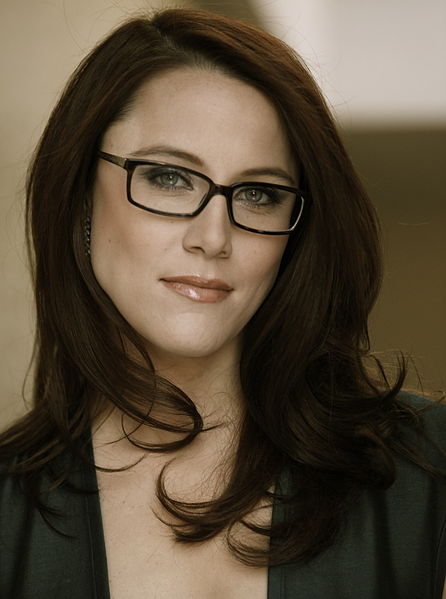As if we needed further evidence of the malleable nature of ideology, this week conservative pundit S.E. Cupp responded to my critique of conservative “marriage promotion” arguments for supporting gay marriage by defending the cause of marriage equality:
Here’s what I wrote in my original Salon essay:
In the interest of expediency and bringing as many unlikely conservative allies on board, the gay rights movement may give cover to or even amplify a set of narrow values that rank married families as better than unmarried families, two parents as better than one parent — norms that continue to divide America into good people and deserving families versus everyone else. And even if we temporarily succeed in getting gay folks added to the “good” category, is it worth it? Plus do we really think that’s the way we or anyone else will be treated equally?
To which Cupp responded, in substance:
The argument that Kohn dismisses, that married families are better than unmarried families, is one that many conservatives advocating for gay marriage (and gay adoption for similar reasons) may not have expected they’d need to defend. In fact, it would seem counterintuitive that a group demanding marriage rights for so long would have some within its ranks making the case that marriage either isn’t the end game at all or isn’t an institution they even truly value.As a conservative who has long defended gay rights, I fear that this is where we may have a problem. While I, along with others on my side of the aisle, also make the libertarian, limited government argument, we deeply believe that defending gay marriage is defending marriage itself, as an institution that creates economic stability, decreases reliance on the state and provides a better environment for children than single parenthood. Economic data support these beliefs.
Now, for the record, Cupp also notes that she knows me to be “smart and thoughtful.” I feel precisely the same about Cupp. Even in an era of hyperpartisanship, it is still possible to have profound and provocative disagreements while maintaining civility. I hope our exchange is a good example of this.
So what’s my response to Cupp’s response? First of all, I’m in a long-term committed relationship with a child, so I’m certainly not knocking marriage or two-parent families. In fact, having kids is so much work I start to understand the practical appeal of polygamy! But at the same time, I know many extraordinary single parents — either by circumstance or by choice — and I know many truly awful couples who I don’t think should be trusted with a hamster let alone children. Many of the over 6 million children every year who are sexually abused in the United States live with two parents. Many incredibly happy, well-adjusted and productive members of society were raised by just one parent, the current president of the United States of America among them.
I believe anyone who wants to get married should be able to get married. What I do not believe is that our government should privilege certain people and certain families based on whether they choose to marry or not.
Cupp references “economic data” that marriage is better, presumably echoing the conservative myth that marriage helps alleviate poverty. Of course, the fact is that while there is no conclusive evidence that marriage helps lift people, especially women, out of poverty, there is plenty of evidence that things like living wage laws and unions help alleviate poverty. So why aren’t conservatives pushing those?
I’m not accusing Cupp of being disingenuous. I believe her desire to promote equality and fairness for gay people is authentic and deep, as it is for many conservatives and libertarians. What I am expressing is a fear that many conservatives are trying to use the wave of popular support for gay marriage as a way to reinforce regressive values about families and sexuality that implicitly still allows gay people (and others) to be ranked second-class or worse. We should not allow the cause of gay marriage to be used to suggest that certain kinds of families are better than others. All families must be treated fairly and equally.
Cupp writes:
If her project is to move the country not toward inclusive marriage rights, but beyond marriage altogether, I am one gay rights advocate who is willing to say, I’m not with you.
But I don’t want to move “beyond marriage.” I simply don’t want to be limited to marriage, for marriage to constrain the rights and equality of the wide variety of American families.

